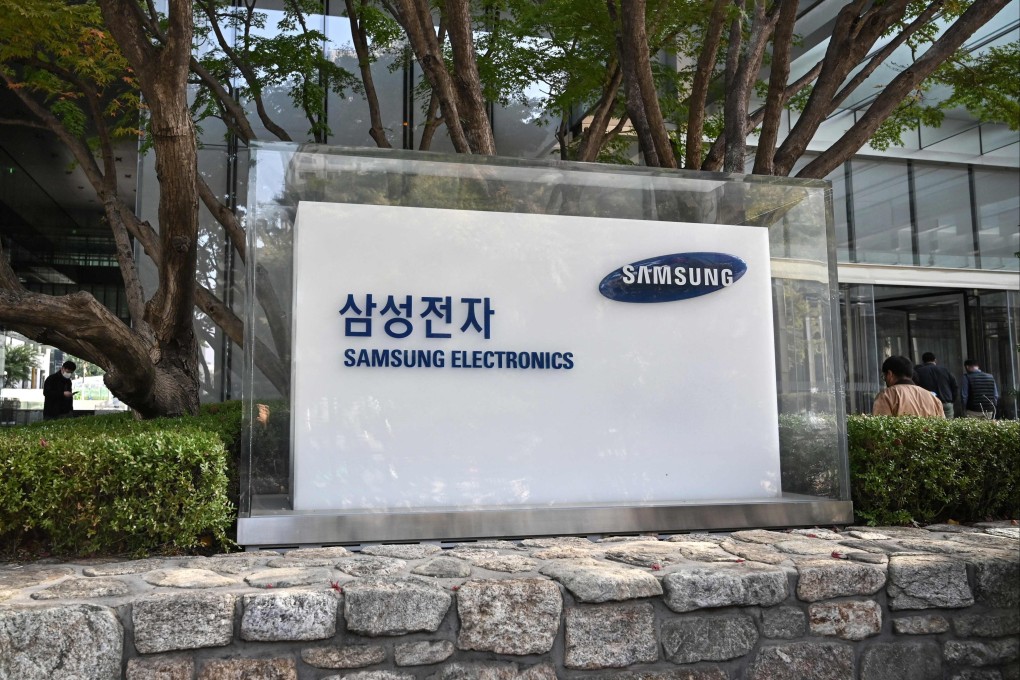Global chip sales record first fall since 2020 in blow to South Korea
- Semiconductors represent the biggest source of income for the South Korean economy, which slowed last quarter as a weakening currency amplified trade deficits
- Korea’s overall industrial production rose 0.8 per cent from a year earlier in September, less than economists’ estimate of 1 per cent

Global chip sales contracted for the first time since early 2020, in a blow to South Korea’s economy which is highly geared to the industry and struggling to adjust to weaker demand.
Worldwide sales of semiconductors declined 3 per cent in September from a year earlier, according to data from the Washington-based Semiconductor Industry Association. In the same month, Korean chip makers manufactured 3.5 per cent less than a year earlier, deteriorating from a 0.1 per cent fall in August, the national statistics office said separately on Monday.
Semiconductors represent the biggest source of income for the South Korean economy, which slowed last quarter as a weakening currency amplified trade deficits and rising interest rates worldwide weighed on consumer demand for the nation’s technology exports.
Chip demand tends to cycle through booms and busts and the latest downturn adds to concerns for Korean policymakers, who are struggling to lessen the economic hit from a credit rout sparked by the default of a local developer. A deadly crowd crush that killed more than 150 people over the weekend is also expected to weigh on consumer sentiment.
On-again, off-again Covid lockdowns in China, Russia’s war on Ukraine and Beijing-Washington trade tensions have overshadowed earnings for Korean chip makers such as Samsung Electronics Co, whose net profit missed estimates in the third quarter. The company said in its earnings call that it does not expect a demand recovery until at least the second half of 2023.
Other chip data from Statistics Korea showed inventory growth remained elevated, hitting 54.7 per cent in September. Factory shipments of semiconductors showed signs of stabilising, declining just 0.9 per cent from a year earlier.
Meanwhile, Korea’s overall industrial production rose 0.8 per cent from a year earlier in September, less than economists’ estimate of 1 per cent. From a month before, it contracted 1.8 per cent, deeper than a 0.8 per cent decline forecast by analysts, according to the statistics office.